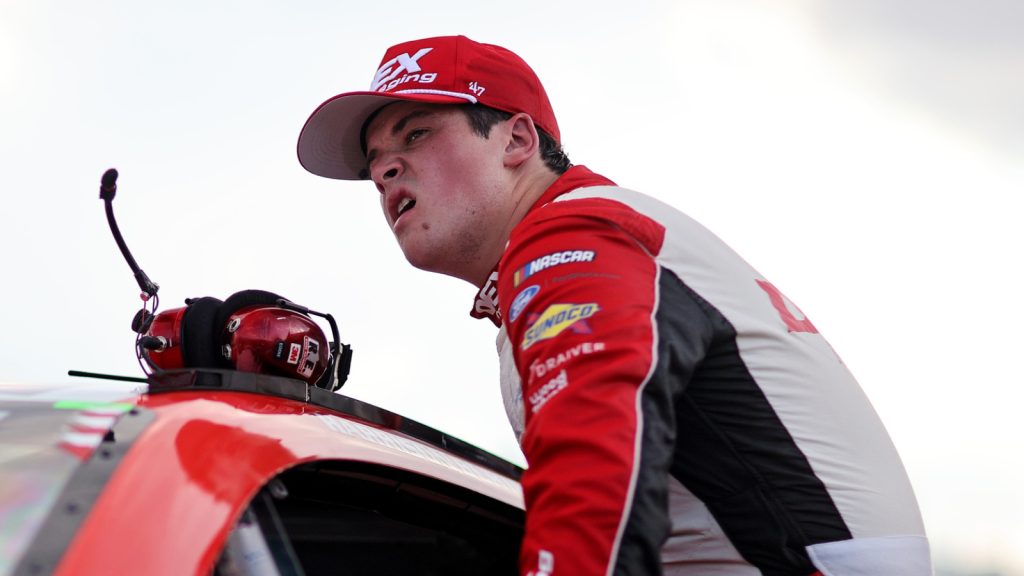Burton’s win comes two weeks after Austin Dillon, who was 32nd in points at the time, won at Richmond and would have punched his playoff ticket had NASCAR not rescinded it due to its highly controversial nature. Up until 2022, neither of those wins would have guaranteed a playoff bid because NASCAR required playoff drivers to be in the top 30 in regular-season points — a rule that was too lenient as it was.
Now it’s gone entirely, and these are the consequences. Bubba Wallace and Ross Chastain, two drivers who have been competitive all season long, are respectively 21 and 27 points behind Chris Buescher for the final playoff spot with only next Sunday’s Southern 500 at Darlington Raceway remaining to fight their way to the right side of the bubble. Yet Burton, who even after his victory is still 34th in the full-season standings, will be in.
Make no mistake: the playoffs are not entirely bad. In fact, one could argue they are an improvement from the pre-2004 format when it comes to determining a champion. There’s nowhere to hide anymore, robotically compiling “good, not great” results all season long to win a title by virtue of avoiding risk and bad luck. The cream has to rise to the top, and it’s no coincidence that no playoff champion has ever recorded fewer than three wins or 500 laps led — both benchmarks that were not met by 2003 champ Matt Kenseth.
The “win-and-in” aspect, though, has gone too far. Burton being in the playoffs this season is the NASCAR equivalent of if a four-win NFL team qualified for the playoffs because they scored the most points of any team in the league in one week. Even though it’s unlikely that he will advance very far, it’s an eyesore to look at the standings and see one of the lowest-ranked full-time drivers all season long guaranteed to finish no worse than 16th in points.
Frankly, 16 drivers making the playoffs is too much to begin with. Originally it was only 10, then it expanded to 12 in 2007, then the format was changed once again in 2011 to include the top-10 drivers in regular-season points along with the two drivers between 11th and 20th with the most wins. That format was probably the fairest, but it went away after Michael Waltrip Racing’s “Spingate” scandal at Richmond Raceway in 2013 exploited the system.
The current format was installed the following season, along with the top-30 rule which lasted through 2021. Now, it doesn’t matter how badly a driver performs all year — as long as they’re running full-time and as long as there aren’t more than 16 winners in the regular season, one win gets them in. The “win-and-in” aspect was badly exposed in 2022 when Martin Truex Jr. missed the playoffs despite being fourth in full-season points, and Burton has now exposed it again.
It’s time for some changes. NASCAR needs to not only bring back the top-30 rule but decrease it to 25 if not 20. Limiting the playoff field back to 12 drivers wouldn’t be a bad move, either.

